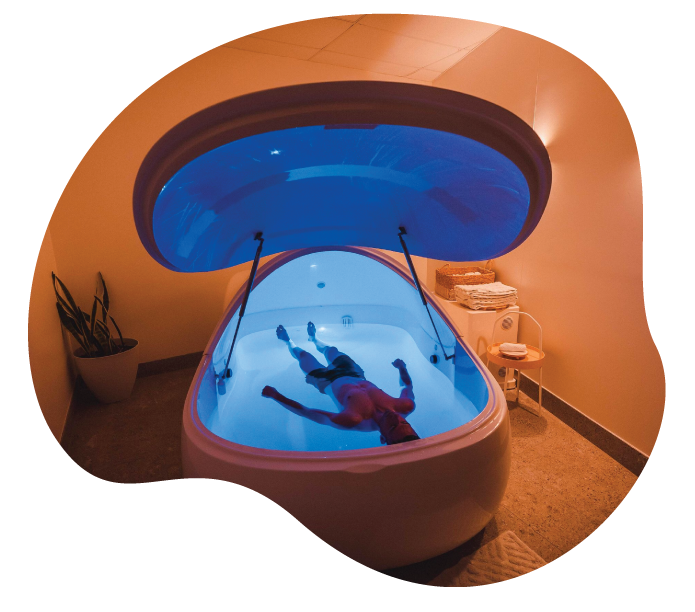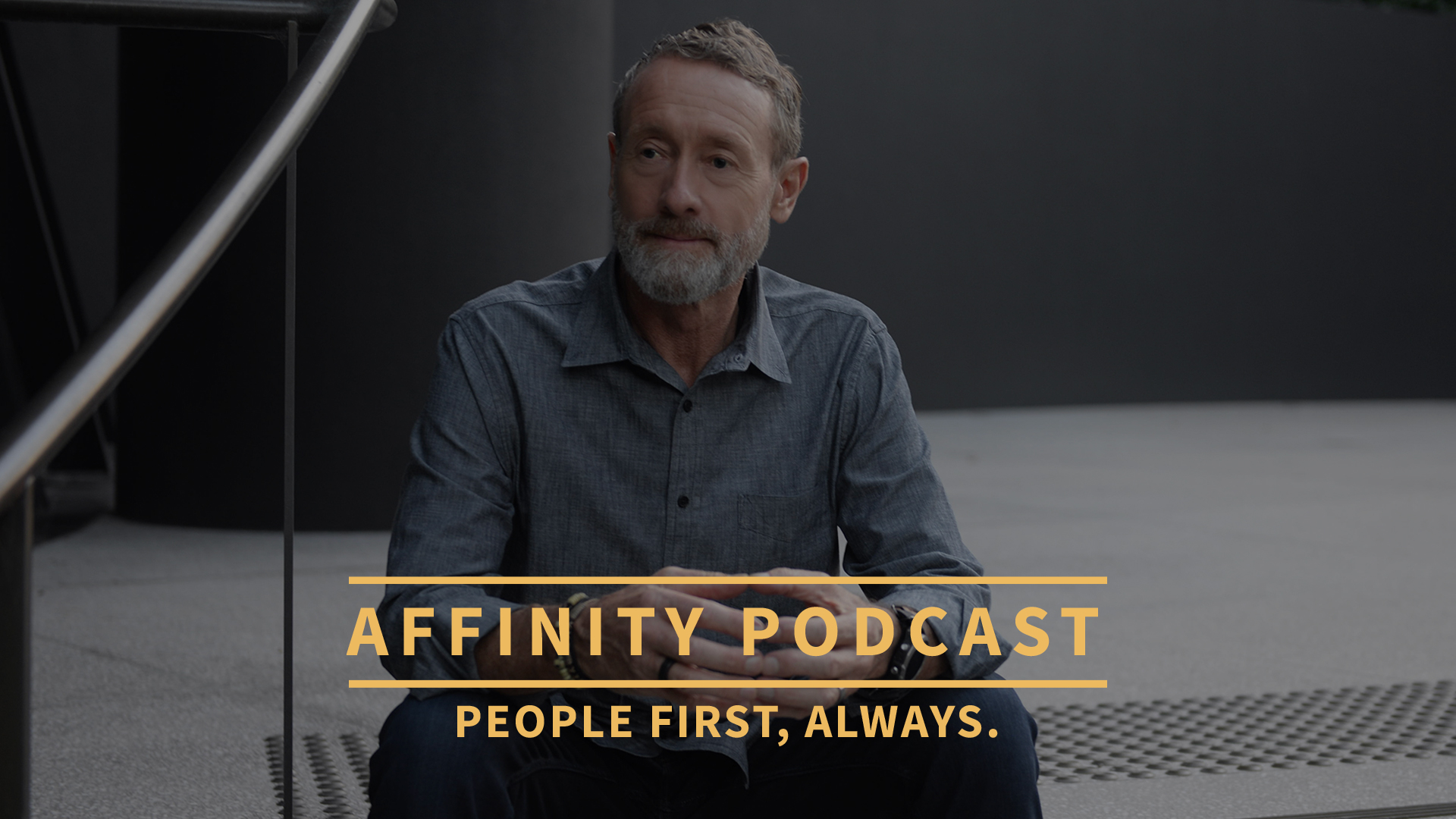Dive into Relaxation and Wellness: Discovering the Amazing Benefits of Float Therapy (aka Sensory Deprivation Therapy) for Pain Relief, Sleep Quality, and More


Grant Ian Gamble is a best-selling mindful leadership author and speaker. He has over 30 years of experience in leading teams to create innovative customer experiences, building engaged workforces, and developing leaders who prioritize mindfulness in their approach.
What is Float Therapy or Sensory Deprivation Therapy?
Float therapy, also known as sensory deprivation therapy, is a type of treatment that involves floating in a tank or pool filled with salt water. This therapy has gained popularity in recent years as a way to promote relaxation and wellness. In this article, we will explore what float therapy is and the benefits it offers.
Float therapy involves floating in a tank or pool filled with salt water. The water is heated to body temperature and contains a high concentration of Epsom salts, which allow the body to float effortlessly.
During a float therapy session, the patient lies down in the tank or pool and floats for a designated period of time. The therapy is designed to be a relaxing and meditative experience.
Benefits of Float Therapy or Sensory Deprivation Therapy
- Relaxation
Float therapy can promote relaxation by reducing stress and anxiety. The therapy can stimulate the production of endorphins, which are natural mood-boosting chemicals produced by the body.
- Pain Relief
Float therapy can provide pain relief for various conditions, including arthritis, fibromyalgia, and back pain. The therapy can help to reduce inflammation and promote healing.
- Improved Sleep
Float therapy has been shown to improve sleep quality by promoting relaxation and reducing anxiety. The therapy can also stimulate the production of melatonin, a hormone that regulates sleep.
- Enhanced Athletic Performance
Float therapy has been shown to enhance athletic performance by reducing muscle soreness and improving recovery. The therapy can increase blood flow and oxygenation to the affected area, allowing the body to recover more quickly.
- Improved Mental Health
Float therapy has been shown to improve mental health by reducing symptoms of depression and anxiety. The therapy can promote relaxation and provide a sense of calm and well-being.
Float therapy is a safe and effective treatment that offers a range of benefits for various health conditions. This treatment can promote relaxation, provide pain relief, improve sleep quality, enhance athletic performance, and improve mental health. If you are considering float therapy, it is important to consult with your healthcare provider to determine if it is a suitable treatment option for your specific condition.
Your Ultimate Recovery Guide: Unlocking the Secrets to Peak Performance, Health and Well-being

Put PEOPLE FIRST, ALWAYS and watch your business flourish.
Dive deep into the latest trends in customer experience and team engagement, mindful leadership and management. Discover practical tools and strategies that you can use to build a people-centric culture, the foundation for sustainable long-term business growth and success.
Led by mindful leadership expert, Grant Ian Gamble, a best-selling author and true visionary with over 30 years of experience in leading teams to create innovative customer experiences, building engaged, inspired and fulfilled workforces, and developing leaders who prioritize genuine connection in their approach.
The guiding principle behind all of Grant’s work is PEOPLE FIRST, ALWAYS.
More Articles:
Team Member (aka Employee) Engagement
Team member (aka employee) engagement is crucial to the success of any business. It not only boosts productivity but also enhances team member satisfaction and reduces turnover. With the increasing importance of engagement in today’s workplace, it’s essential to focus on creating a people-centric company culture through mindful leadership and always putting people first.
What is team member engagement, and why is it important?
9 Trends Shaping the Workplace in 2023: How Leaders Can Become Employers of Choice in a Competitive Talent Landscape
The workplace landscape has shifted dramatically over the past two years. The COVID-19 pandemic has forced businesses to adapt to remote work and hybrid models, and team members have been feeling the effects of burnout more than ever before. In 2022, business leaders were faced with unprecedented challenges, and 2023 is no different. However, how organizations respond to these challenges could determine whether they become an employer of choice.
Overcoming Burnout and Building Resilience: Strategies to Help Prevent Burnout and Help You and Your Team Thrive in a Fast-Paced World
In this article, I’ll share some of the strategies and tools that I’ve used to help prevent burnout in myself and my team, and how you can apply them to your own leadership style.
Burnout is a pervasive issue that affects many people in today’s fast-paced world. It is a state of chronic stress that occurs when we experience prolonged periods of exhaustion, cynicism, and detachment from our work or personal lives. According to productivity expert Chris Bailey, burnout can be described as a “diminishing returns problem,” where we become less productive and efficient as we work longer and harder.
Fill out the form below and receive a PDF download of "6 Key Strategies to Engage Untapped Fitness and Wellness Market Segments"
Let's Connect!
CUSTOMER EXPERIENCE, TEAM ENGAGEMENT & WORKPLACE WELL-BEING: AFFINITY OS™ | WELLNESS INTEGRATION | MINDFUL LEADERSHIP: "THE AFFINITY PRINCIPLE"
0475 866 592

The Affinity Principle™ by Grant Gamble presents a formula for business success through a people-centric, mindful leadership approach.
PEOPLE FIRST, ALWAYS.








